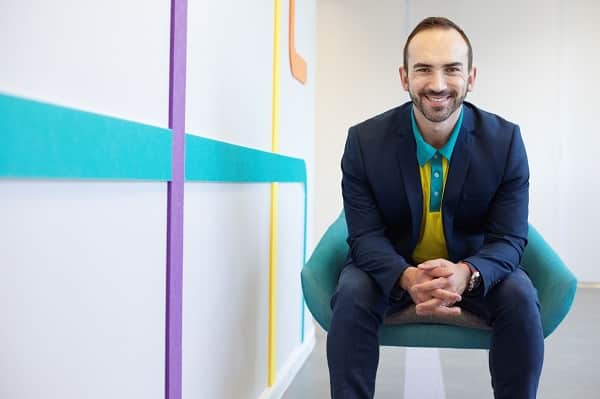African micro-insurance FinTech aYo Holdings has broken through the 10 million customer mark in under four years after starting operations.
aYo’s new CEO Marius Botha says the milestone is set to trigger a period of further growth.
MTN, Africa’s largest mobile phone group, has increased its shareholding in aYo through acquisition of additional shares. MTN now owns 75% of aYo, it was disclosed last week Monday. For more read: MTN INCREASES STAKE IN MOBILE MICRO-INSURANCE FIRM AYO
In 2017, South Africa’s third-biggest insurer Momentum Metropolitan and MTN launched aYo.
aYo provides you with a fast, convenient, and easy to use insurance right on your cell phone. You enjoy hospital and life insurance cover through airtime deduction (Recharge with Care) or when you send MoMo (mobile money) to your family or loved ones (Send with Care).
It has already paid in excess of $1 million (R15 million) in claims.
It brings you an easy way to get hospital cover for accidents (not illness) and life cover.
aYo launched in Uganda in January 2017, and has since started operations in Ghana and Zambia with plans to expand into Côte d’Ivoire and Nigeria in the new year.
This rapid expansion has seen the company evolve into a major player in the African micro-insurance market, effectively by adopting a ‘pay as you go’ insurance model, where its policyholders have the flexibility that allows them to have the cover they need at any given time.
Botha says while there has always been a ‘definite demand’ from African consumers, the challenge was being able to find the right technology and mechanism to deliver what is essentially a high-volume, low-margin product, where not all clients are paying or active at any given time, but buy cover as and when they need it.
“The partnership with MTN has really been the key that unlocked the ability to deliver this product. As a result, millions of Africans have access to and are engaging with life insurance for the first time – and we cannot underestimate what this means to them in terms of driving financial inclusion,” said Botha.
While mobile networks provide the ideal delivery mechanism for the spread of micro-insurance across the continent, Botha says the company’s growth has also depended on understanding the nuances of each market, and creating products that cater for the specific needs of the target market.
“The big thing about micro-insurance is that it protects those who need it the most. People with low income need insurance even more than those with higher incomes, because they are more vulnerable and have a smaller cushion of resources to draw upon in times of need,” said Botha.
Many clients use the payouts from their aYo policies to not only pay for their hospital bills, but use the balance to buy food or schoolbooks, so they can send their children back to school. One client’s glasses were damaged in an accident, leaving him incapacitated and unable to work, as he is legally blind. His cover paid his hospital bill and allowed him to buy new glasses, which allowed him to continue providing for his family.
“There’s no doubt that the impact of micro-insurance is transformative, as it shields millions of Africans from the economic shocks that would otherwise keep them locked into an endless cycle of poverty,” said Botha.
